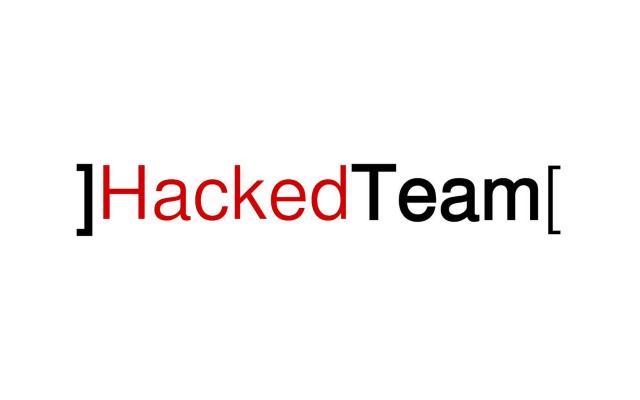
Hacking Team hacked as tables turn on notorious surveillance company
Italian security and surveillance firm Hacking Team appears to have itself fallen victim to a security breach. Hacking Team produces software which is used by governments around the world as part of their surveillance programs. The company has been criticized for facilitating invasions of privacy, and, over the weekend, its Twitter feed was taken over, resulting in its name and profile picture being changed to read Hacked Team.
But this is far from being the end of the story. Whoever is responsible for the security breach also released a torrent file that provides access to 400GB of company data. Included in the cache are emails, source code, and confidential documents. The files reveal who the company has been dealing with including a number of countries known for their oppressive regimes.

Washington Post implements encryption to protect site visitors
Heightened awareness about online security means that more and more websites are using encryption to boost privacy and security. A few weeks after Wikimedia announced it was using HTTPS to encrypt traffic to its site, The Washington Post has followed suit.
It's a move designed to stop snooping on readers' browsing habits. The news outlet explains that it will make it "more difficult for hackers, government agencies and others to track the reading habits". For those concerned about privacy, this will come a good news, but there's a catch; encryption does not apply to the entire site.
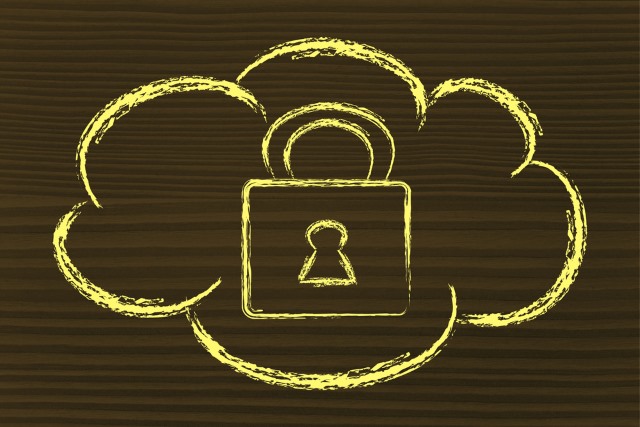
How to encrypt your emails
If there’s one thing that Edward Snowden left us with, it’s the notion that our digital data isn’t all that safe and that the government knows what we did last summer. But in essence, that only applies to that data being created and used using standard tools -- emails, browsers, etc.
However, if you really want to keep your data private, including browsing history and email, there are ways to do it. They’re simple to use, accessible and close to impossible to crack.

Microsoft will encrypt all Bing search traffic
In a post-Edward Snowden world, privacy and security are huge concerns. While many people call him a traitor to his country, many others -- myself included -- consider him a hero. Snowden shone a light on government programs that were arguably illegal and unconstitutional. The ultimate win from his actions is that people that were ignorant to privacy issues before, are now interested in them. He planted a seed of curiosity and concern.
As a result of this new interest in privacy, many companies have been reacting to show customers that they are safe and secure. One of the most vocal of these companies is Microsoft. Today, the company announces that it will soon start encrypting all Bing web searches. Whoa. This is huge.

Snowden files hacked by China and Russia
UK secret services say that the encrypted files Edward Snowden held from his time working at the NSA have been accessed by intelligence agencies in China and Russia. The Sunday Times reports that the top secret files have been hacked meaning that British and American spies could be identified and located.
Wanted by US authorities, Snowden has been in hiding for some time now. It is believed that the time he spent seeking refuge in Hong Kong and Moscow may have given security official the opportunity to access the data he held. Although the data was protected, it is thought that the encryption was hacked, and US and UK intelligence services have been "forced to intervene and lift their agents from operations to prevent them from being identified and killed".

Wikimedia secures connections with HTTPS encryption by default
There is a movement calling for the encryption of all web traffic. The cause of this could be laid at Edward Snowden's door, but there's no getting away from the fact that in recent years there is an increased interest in security and privacy. To this end, Wikimedia has announced that it is now using HTTPS to encrypt all of its traffic -- including that to Wikipedia.
We've already seen the US government embrace HTTPS, and companies like Google and Facebook are making it easier to control privacy settings. Apple has hit out at companies that fail to do enough to protect users' privacy, and Wiki media is taking the extra step of also implementing HSTS, just days after Microsoft announced that this would be supported by Internet Explorer 11 under Windows 7 and 8.1.

U.S. government embraces HTTPS
When it comes to the web, you expect U.S. Government sites to be very secure. Hell, with all of the money we taxpayers pay, the websites should be the most secure in the world. Unfortunately, this is not the case. You see, not only are many .gov websites not secure, they do not even universally use HTTPS. In other words, there are shopping sites more secure than those of the most powerful nation in the world.
Today, however, this changes. Barack Obama's White House has completed a new standard that all U.S. government websites will be forced to follow. While it is embarrassing that this is only happening in 2015, it is better late than never.
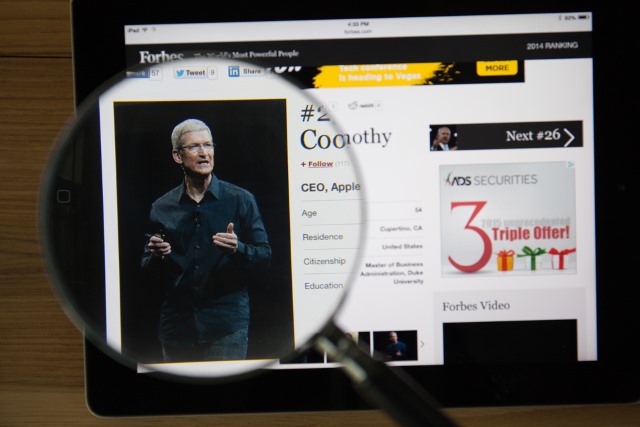
Tim Cook lashes out at the government, Facebook and Google over privacy
We live in an age where people are more concerned about and more aware of privacy issues than ever before. Speaking at EPIC Champions of Freedom event in Washington, DC, Apple CEO Tim Cook criticized the government for seeking to implement backdoors into encryption techniques. He also hit out at Google and Facebook with their ad-dependant business models for infringing upon privacy.
He said that Apple wants to be different, saying: "We believe that people have a fundamental right to privacy. The American people demand it, the constitution demands it, morality demands it". Cook was at pains to stress that Apple should be viewed differently to other companies, assuring people that -- unlike others -- the company "doesn’t want your data".

Facebook adds support for OpenPGP email encryption
Facebook can send out quite a lot of emails to its users in the course of an average day. Notifications can fly in thick and fast letting you know about friend requests, replies to your posts, messages from contacts, and the like, and it's possible -- nay likely -- that these will contain delicate personal information.
To help calm the fear of those with privacy concerns ("why are they using Facebook?", you might well ask) Facebook today announces the introduction of OpenPGP encryption support. This gives users the opportunity to protect communication from Facebook by encrypting it so it cannot be read by unauthorized parties.

Microsoft's VC3 security is encryption for the cloud
The inexorable move towards the cloud continues apace, and something that remains a key concern is security. Microsoft thinks it may have come up with a solution in the form of Verifiable Confidential Cloud Computing, or VC3, which has been designed to keep cloud data encrypted and secure even when the data is being used to perform calculations.
Described as a "lockbox in the cloud", VC3 keeps data protected by using secure, managed hardware to perform any necessary decryption. Encrypted data is transferred to VC3-managed cloud hardware where it is then decrypted, used in calculations, and then re-encrypted.
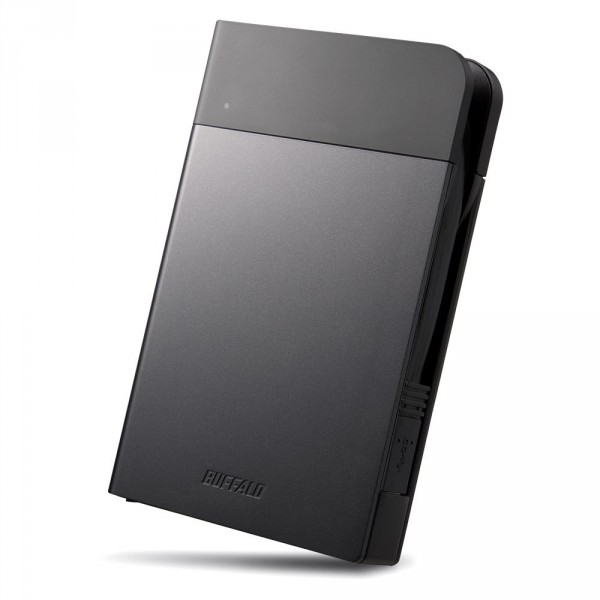
Buffalo announces rugged MiniStation Extreme NFC USB 3.0 hard drive
While many people focus on speed and capacity when buying storage devices, an often overlooked aspect is security. Of course, not everything necessarily needs to be encrypted and protected; while Aunt Edith's recipes and your family reunion photos are valuable to you, they aren't exactly the target of hackers or rogue government nations.
If you do need to encrypt and protect files, however, there are many options available to you. Today, Buffalo announces a unique drive, which offers NFC to securely access the hardware-encrypted drive. Rather than using biometrics or a password, an NFC smart card is all you need to unlock the rugged, water and dust resistant, military-grade MiniStation Extreme NFC USB 3.0 hard drive.
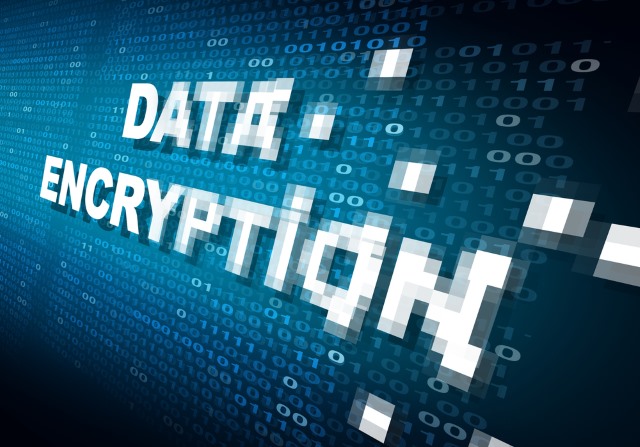
TrueCrypt doesn't contain NSA backdoors
A security audit of TrueCrypt has determined that the disk encryption software does not contain any backdoors that could be used by the NSA or other surveillance agencies. A report prepared by the NCC Group for Open Crypto Audit Project found that the encryption tool is not vulnerable to being compromised.
However, the software was found to contain a few other security vulnerabilities, including one relating to the use of the Windows API to generate random numbers for master encryption key material. Despite this, TrueCrypt was given a relatively clean bill of health with none of the detected vulnerabilities considered severe enough to lead "to a complete bypass of confidentiality in common usage scenarios".
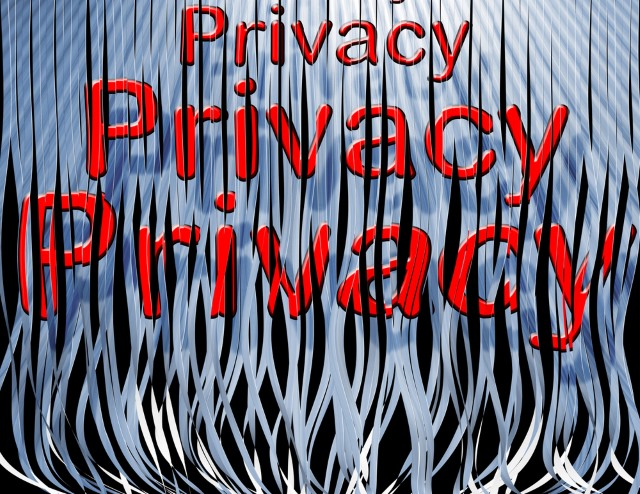
The FBI wants your computer and mobile to be insecure
You'd think that governments would be encouraging people to keep their computers and personal data safe. Until relatively recently, this has been exactly what the FBI has been pushing -- suggesting that phone users should enable encryption on their handsets. But it seems that there has been something of a change of heart. It's probably Snowden's fault.
Now, as part of an "ongoing website redesign", advice about using encryption and protective PINs has vanished from the FBI website. Forget the security-focused devices such as the Blackphone 2, it appears that the bureau wants your data, and you, to be insecure.
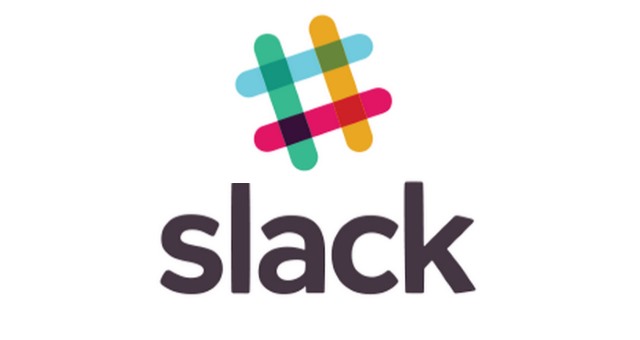
Slack is tardy to the two-factor authentication party
Following a four-day long security breach back in February, chat and collaboration tool Slack is finally getting two-factor authentication. Last month, the encrypted central user database was accessed by hackers although there is no indication that hashed passwords were decrypted.
Slack insists that no payment information was seen by hackers, and while the breach is far from good news, there is a silver lining: it has forced the company to look harder at security. Starting today, two-factor authentication is available which locks down accounts via the Android, iOS and Windows Phone apps.
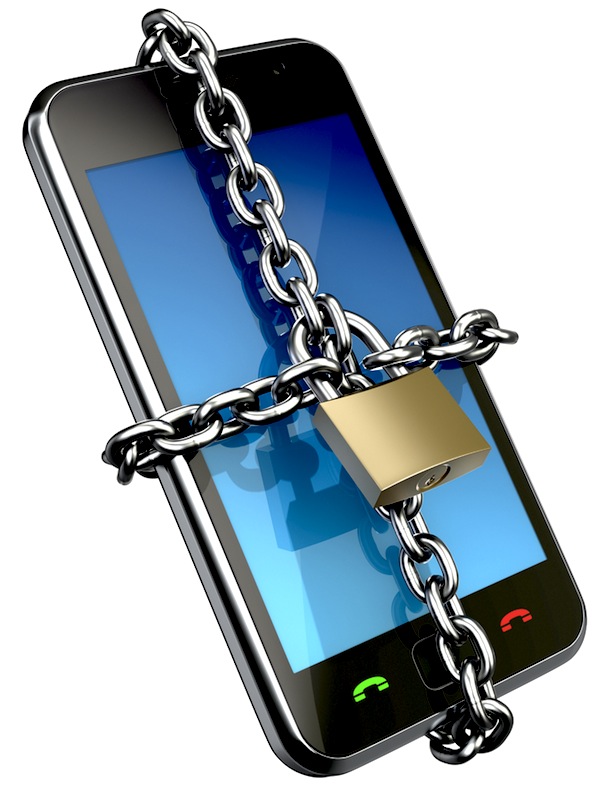
New SDK aims to make protecting mobile apps easier
Illinois-based Zebra Technologies Corporation acquired Motorola Solutions' Enterprise business in late 2014 and is now announcing one of the first fruits of that link up.
Enterprise app development platform RhoMobile -- part of the MSE acquisition -- is launching a new independent software vendor (ISV)-targeted SDK through Digital Defence. Its aim is to make the task of protecting mobile applications more developer-friendly.